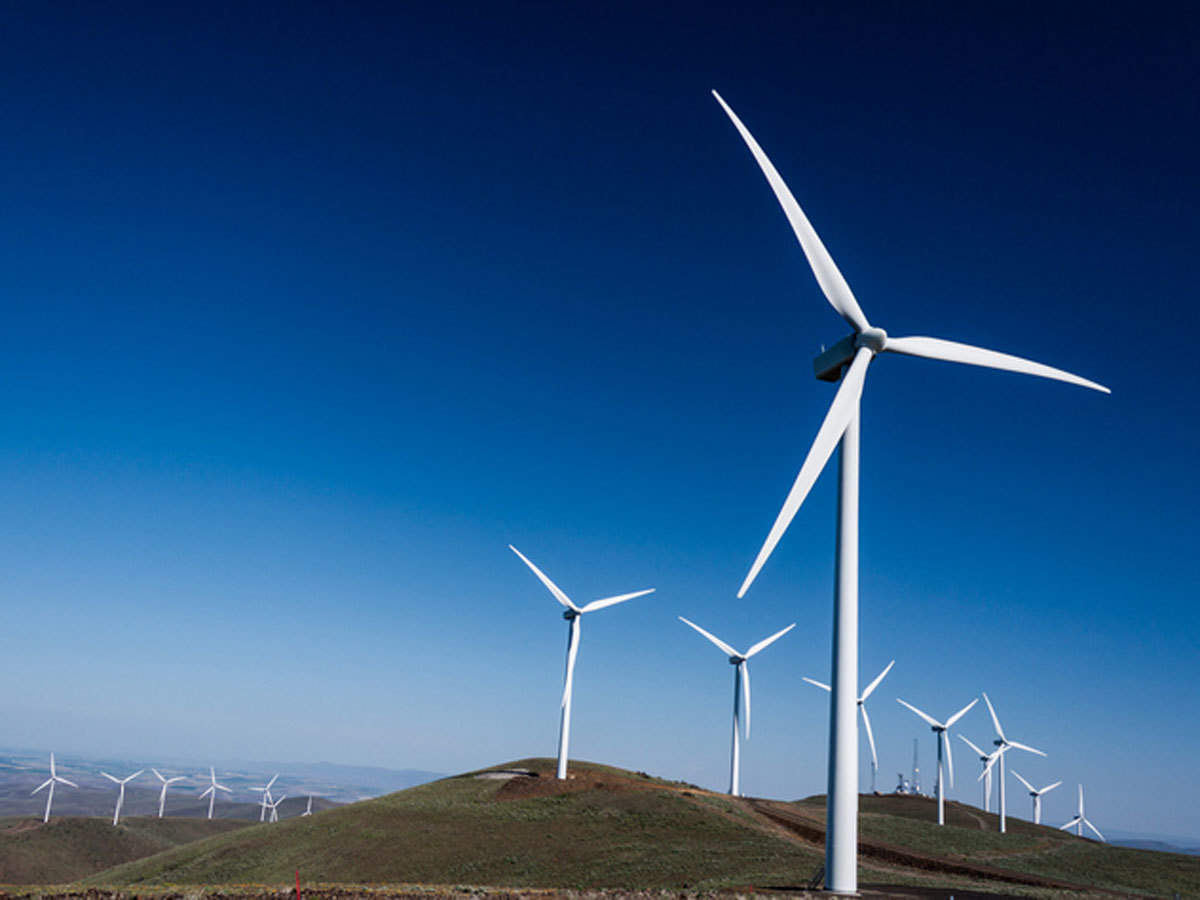In Short : Connecticut has officially opened a solicitation for 2 gigawatts (GW) of offshore wind energy projects. This move signifies the state’s strong commitment to expanding its renewable energy capacity and transitioning to cleaner sources of electricity. By harnessing the power of offshore wind, Connecticut aims to reduce its carbon emissions significantly and promote sustainable energy practices. This solicitation presents an opportunity for renewable energy developers to contribute to the state’s clean energy goals and play a vital role in combating climate change.
In Detail : Connecticut has launched two solicitations for grid-scale, zero-carbon electricity resources, one of which targets up to 2 GW of offshore wind capacity under a broader arrangement with neighbouring New England states.
The Requests for Proposals (RFPs) were issued by the Connecticut Department of Energy and Environmental Protection (DEEP) to support the state’s goal for a 100% zero-carbon electric grid by 2040 and greenhouse gas emissions cuts of at least 80% by 2050 from 2001 levels.
Specifically, up to 2 GW of offshore wind proposals are being sought following Connecticut’s agreement with Massachusetts and Rhode Island in October to jointly open solicitations for up to 6.8 GW of offshore wind capacity through their respective state procurements. The RfP regulations include an indexed pricing option, which will allow bidders to submit pricing at a fixed rate or at a rate that is indexed to the price. The provision is made to enable potential adjustments in view of the macroeconomic environment.
The second RfP targets electricity from green sources such as solar, onshore wind, geothermal and run-of-river hydropower, as well as energy storage paired and co-located with a zero carbon resource. Fuel cells and energy efficiency projects will also be accepted. The zero-carbon round aims to help cover about 15% of the state’s electricity load, or 3,975 GWh, with green power.
Bids in both RfPs will be accepted by January 31, 2024. Winners will be awarded contracts with the state’s electric distribution companies.
In line with its efforts to further enhance grid reliability, Connecticut is preparing a solicitation for energy storage capacity and is due to release a draft version of the plan for public comment later this year. The state’s goal is to have 1,000 MW of energy storage facilities in operation by the end of the decade.

